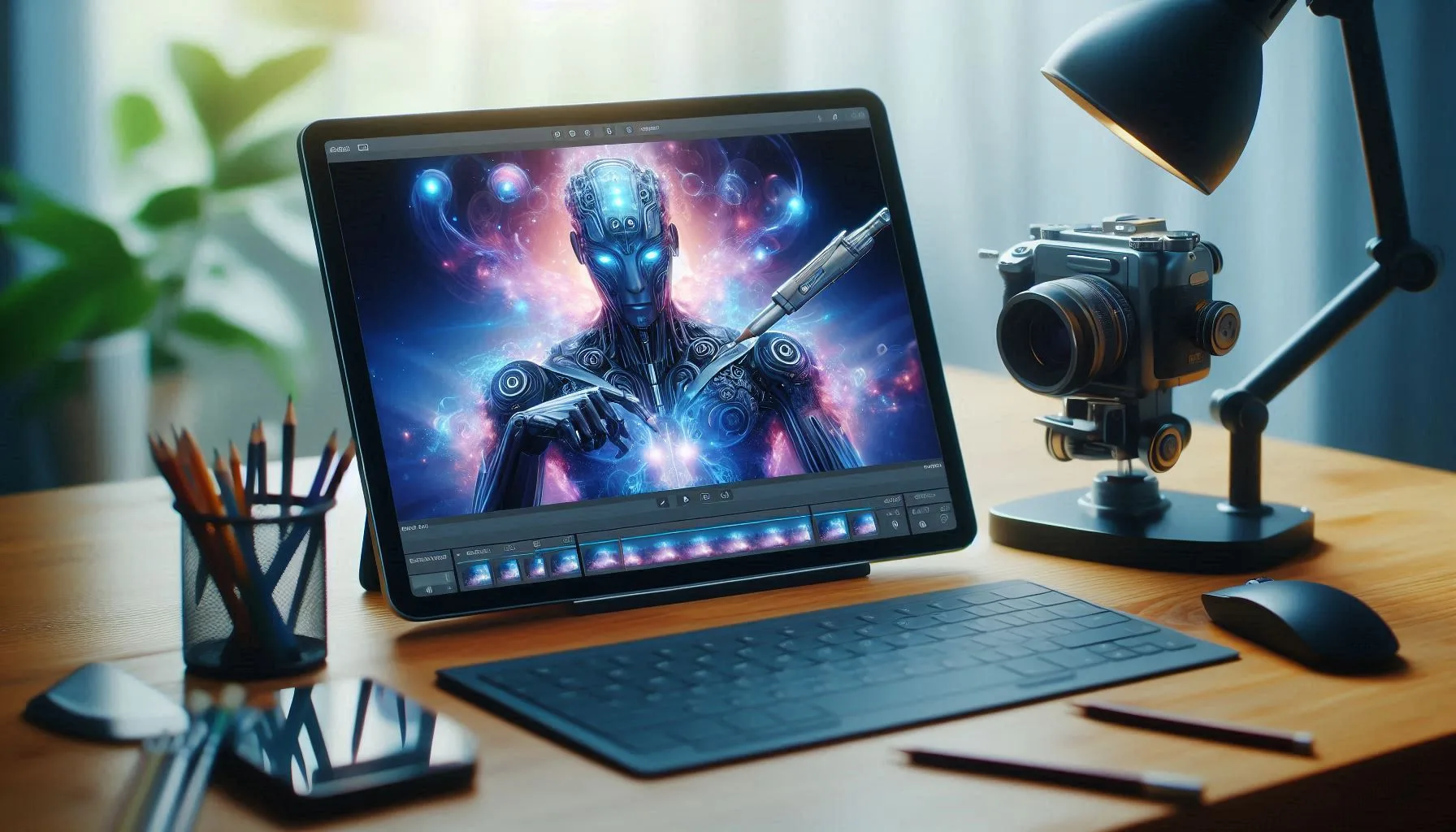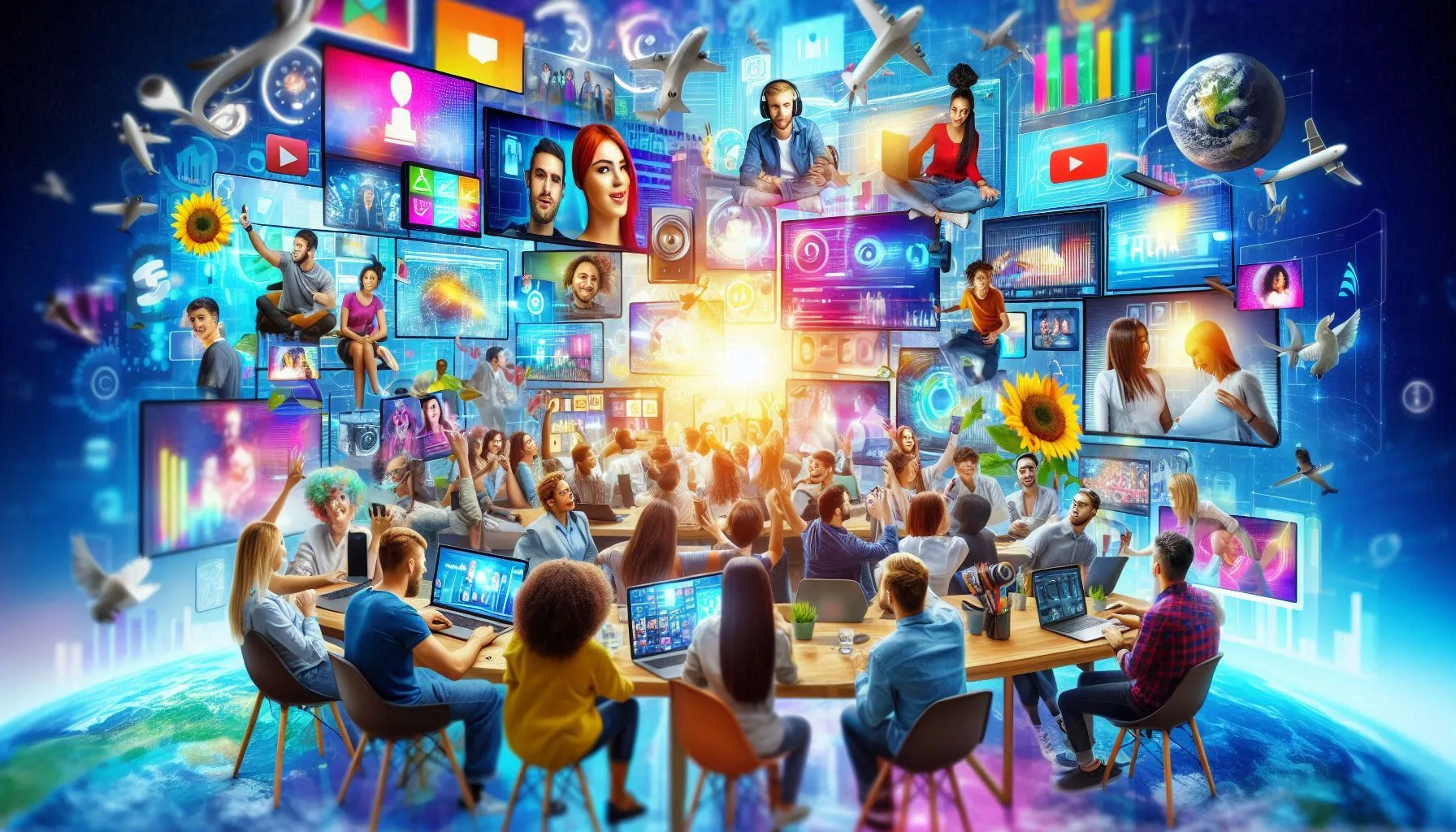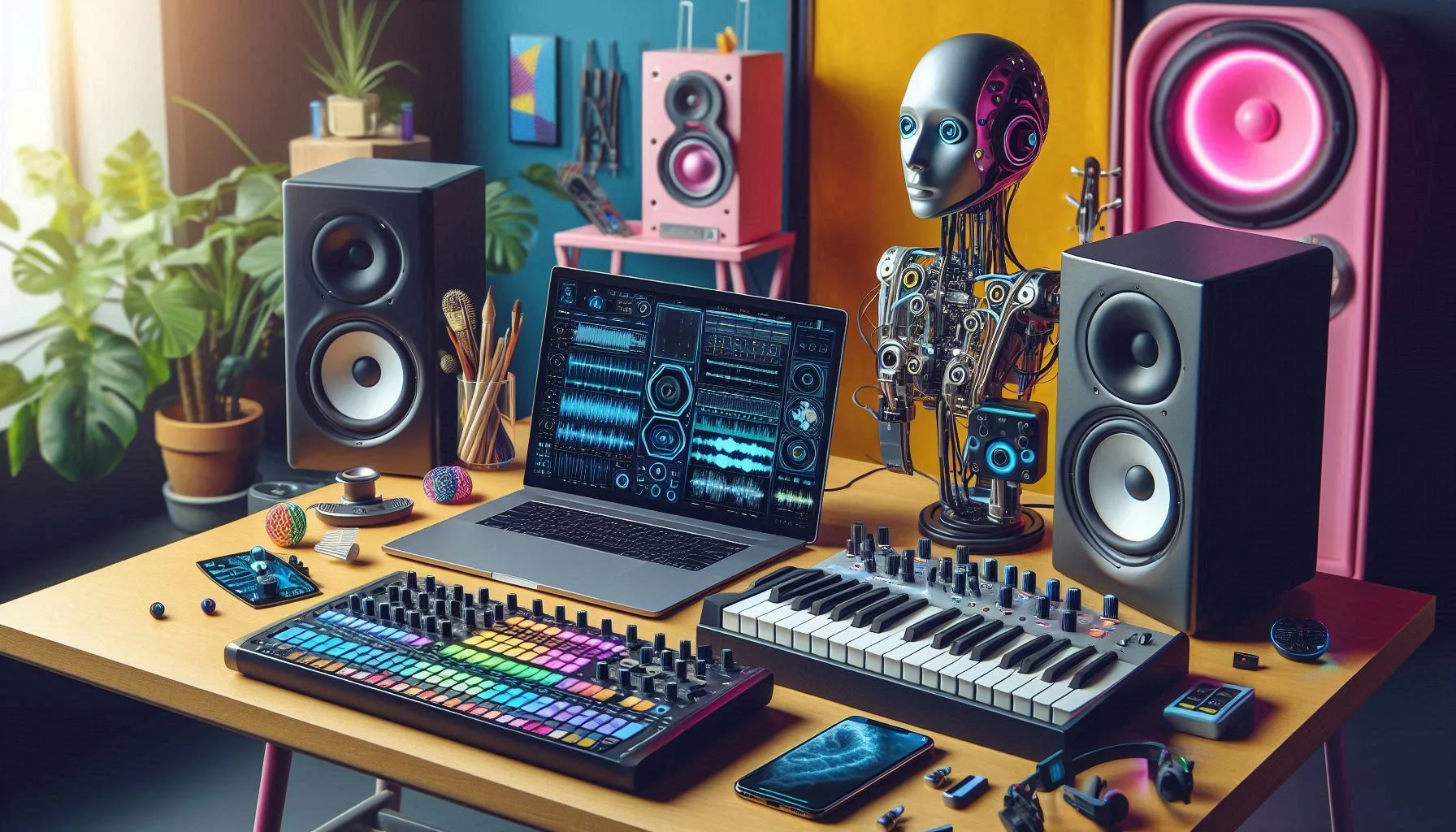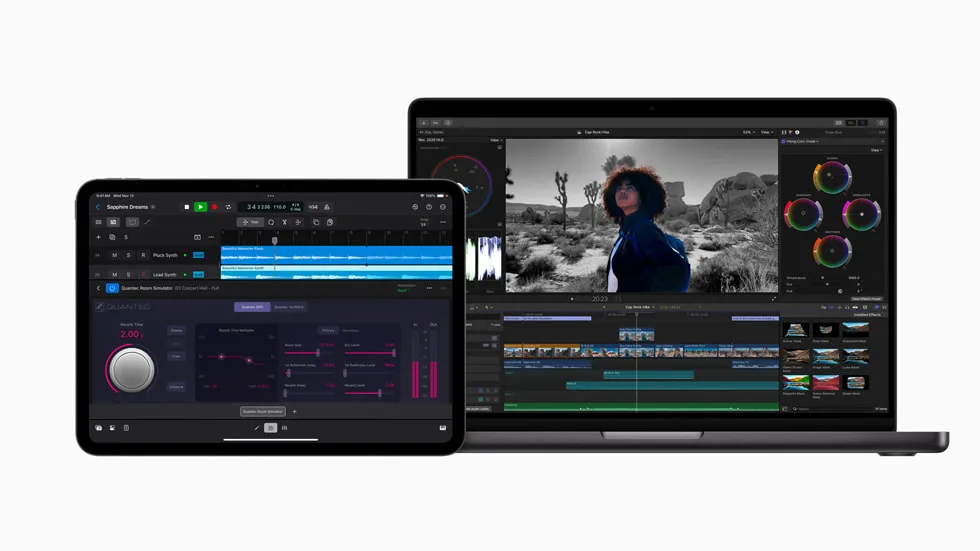The Evolution of Streaming: How the Digital Revolution Transformed the Music Industry
The advent of streaming has reshaped the music industry in ways that were once unimaginable. The once-dominant model of physical album sales and radio airplay has given way to a new era where access to music is just a few clicks away. What began as a shift from physical to digital formats has evolved into a full-scale transformation, impacting how artists release their music, how listeners consume it, and how the industry at large operates. In this post, we will explore how streaming has evolved and its profound influence on the music industry, focusing on the platforms, trends, and challenges that have emerged.
The Birth of Streaming: From Piracy to Legitimate Platforms
Before the rise of legitimate streaming services, piracy ruled the digital music landscape. In the early 2000s, platforms like Napster, LimeWire, and Kazaa became synonymous with illegal music sharing. While these services were a boon for music lovers looking for free tracks, they were devastating to the industry, as they led to a significant decline in music sales.
As piracy became a major issue, the music industry was forced to find a solution. Enter the age of legal streaming platforms. Services like Pandora, Spotify, and Apple Music emerged in the late 2000s and early 2010s, offering users legal access to millions of tracks for a subscription fee or ad-supported model. These services initially faced skepticism, but over time, their ease of use and vast catalog of music won over listeners.
The real turning point came with the introduction of the freemium model—where users could listen to music for free with ads or pay for an ad-free experience. This model, pioneered by Spotify in 2008, revolutionized how people consumed music. For the first time, listeners could have virtually any song, at any time, with minimal friction.
The Global Reach of Streaming: Breaking Down Borders
One of the most significant changes brought about by streaming has been the globalization of music. In the past, artists were limited by their regional markets. A band from the U.S. might have a strong following in North America, while a pop star from Europe could dominate the charts in their respective countries. However, streaming platforms broke down these barriers, allowing artists to reach global audiences instantly.
This international accessibility has led to the rise of genres and artists that were previously confined to specific regions. K-pop, for example, exploded in popularity thanks to platforms like YouTube and Spotify, enabling groups like BTS and BLACKPINK to gain a worldwide fanbase. Similarly, Latin music has seen a massive surge in global recognition, with artists like Bad Bunny and J Balvin reaching top positions on charts worldwide. Streaming has turned what was once a regional market into a global one, where music from any corner of the world can be heard by anyone, anywhere.
The platform-driven nature of streaming also means that listeners are exposed to a wider range of genres and artists. Algorithms and curated playlists have made discovering new music easier than ever, which helps smaller or niche artists gain visibility. Platforms like Spotify’s Discover Weekly or YouTube’s recommendation engine play a pivotal role in how music is consumed and discovered in the digital age.
How Streaming Changed the Artist’s Approach to Music
The rise of streaming has significantly impacted how artists approach the creation and release of music. In the past, the album release was the pinnacle of an artist’s creative output. However, with streaming platforms offering immediate access to entire catalogs, the emphasis has shifted towards singles and consistent releases.
In the streaming era, there is a pressure on artists to release music more frequently to stay relevant. This has led to the rise of the “single-driven” approach to music, where artists focus on releasing tracks one at a time rather than working on full albums. While albums are still a staple in the music industry, the model of dropping singles, followed by accompanying music videos and social media engagement, has become the norm for many artists.
Additionally, streaming platforms have forced artists to rethink how they monetize their music. Traditional revenue streams like album sales have been replaced by streaming royalties, which are significantly lower per stream than the sales of a physical record. While these platforms give artists access to a vast audience, the financial rewards from streaming can be minimal for smaller or independent musicians. This has led to the rise of new revenue models, including live-streaming performances, merchandise sales, and direct fan support via platforms like Patreon.
The Role of Algorithms and Playlists in Shaping Music Discovery
One of the most powerful features of streaming platforms is their algorithm-driven playlists, which have become the primary way that listeners discover new music. Services like Spotify, Apple Music, and YouTube rely on algorithms to curate playlists based on users’ listening habits, providing personalized music recommendations that keep listeners engaged.
Playlists such as Spotify’s “Today’s Top Hits” or “RapCaviar” have become crucial tools for artists to get their music heard. Getting a song added to one of these popular playlists can result in millions of streams and a massive boost to an artist’s visibility. These playlists have become a modern-day version of radio airplay, and many emerging artists owe their success to being featured on these influential playlists.
However, the dominance of algorithms and curated playlists also raises questions about the role of human curation and the implications for music diversity. As algorithms tend to favor more mainstream, popular tracks, smaller or experimental artists may struggle to get their music discovered unless it fits within certain algorithmic patterns. This has led to calls for more human-curated playlists and a more balanced approach to music discovery.
The Changing Landscape of Music Revenue: A Mixed Blessing
While streaming has revolutionized music consumption, it has not come without its challenges. One of the most significant issues with streaming is the low payout per stream, especially for independent artists. A single stream on a platform like Spotify may result in just a fraction of a cent in royalties, making it difficult for smaller artists to make a sustainable living from their music alone.
For many musicians, streaming is only one part of the equation. Concerts and live performances have become a crucial source of income, with touring now serving as a major revenue stream for artists. Merchandising has also become an increasingly important aspect of an artist’s financial model, as fans are eager to support their favorite musicians by purchasing exclusive items.
Despite these challenges, streaming has democratized access to music in ways that physical formats could not. For many independent musicians, streaming platforms have provided a global platform to reach listeners without needing a record label. This has leveled the playing field and allowed for more diverse voices and genres to thrive.
Conclusion
The rise of streaming platforms has undeniably reshaped the music industry in fundamental ways. From providing global access to music to revolutionizing how artists release and promote their work, streaming has become an integral part of the modern music landscape. While it’s not without its challenges, streaming has democratized access to music and allowed for more diversity and innovation in the industry. As we look to the future, it’s clear that the digital revolution in music will continue to evolve, bringing new opportunities and challenges for artists, listeners, and industry professionals alike.
Check our previous posts
Red Music Online – One Stop Music Shop The Future of Graphics: Nvidia GeForce RTX 50-Series GPUs and the Blackwell Revolution The …
Red Music Online – One Stop Music Shop DeepSeek: The AI Revolution Challenging ChatGPT Artificial Intelligence has seen rapid advancements in recent …
Red Music Online – One Stop Music Shop AI-Enhanced Content Creation Platforms: Revolutionizing Creativity and Productivity In the fast-paced world of digital …
Red Music Online – One Stop Music Shop Advanced Audio Processing Gadgets: Must-Have Gear for Music Creators and Podcasters In the world …
Red Music Online – One Stop Music Shop AI-Powered Video Editing Tools: The Future of Content Creation The rise of AI-driven video …
Red Music Online – One Stop Music Shop Final Cut Pro 11: Revolutionizing Video Editing with AI Apple has once again raised …








